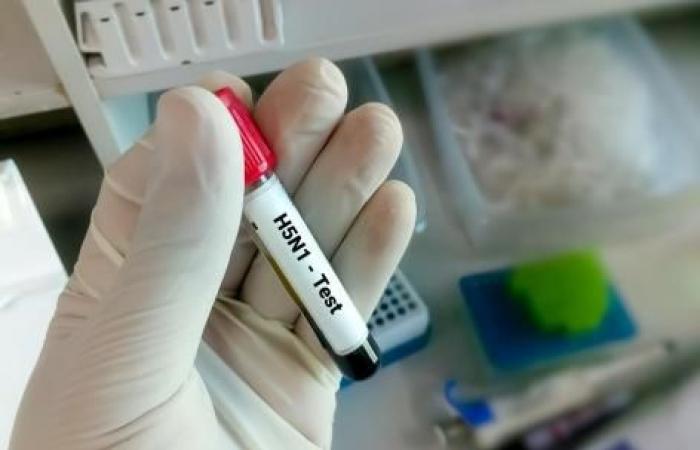Learn lessons from the past, so as not to make the same mistakes again. This is what several researchers are asking of the American government. In the media, they are warning about the lack of screening tests for H5N1 avian flu, even though the Michigan Department of Health and Human Services (MDHHS) announced a new case on May 30.
The same mistakes as at the start of the Covid-19 pandemic
“We are making the same mistakes today as with Covid”indicated on June 4 Deborah Birx, the former coordinator of the anti-Covid strategy, under the presidency of Donald Trump, on CNN .
Transmission of the disease generally occurs through direct contact with an infected animal. “Currently, in all proven human cases of avian influenza, people were in direct contact with infected poultry and the very rare cases of human-to-human transmission of the H5N1 virus have remained episodic“, note the Pasteur Institute. But, in the event of a pandemic, contamination could be human-to-human.
For Deborah Birx, people should be tested more because many cases remain asymptomatic. “We have the technologies to, she assures. Once again, we are only looking for symptomatic cases. When we did that with Covid, the virus spread.”The fear is therefore that, as with Covid-19, avian flu will spread without the authorities knowing it, due to lack of testing.
For the moment, a screening test is used, that of the Centers for Disease Control and Prevention (CDC). But it only concerns people who work in contact with farm animals, when they have symptoms.
“We need to know when [la pathologie est présente] on farms, but we have no information because we don’t look“, therefore for lack of testing, underlines Helen Chu, specialist in infectious diseases at the University of Washington, in Seattle, in MedicalXpress.
The reasons for the lack of testing for bird flu
Several obstacles explain this situation:
- Slow deployment of tests (which was also the case during Covid-19).
- A reluctance of certain laboratories to make significant investments to develop these tests when the profitability is uncertain.
- Unknown regarding reimbursement of tests by insurance companies outside of flu season.
- The authorization (not yet obtained from the FDA for other private laboratories) to carry out screening tests using eye samples, while that of the CDC is based on this technique, more effective than other methods (samples in nose or throat).
“We absolutely must prepare ourselves, says Alex Greninger, deputy director of the clinical virology laboratory at the University of Washington. But until the government takes responsibility, it is difficult to move in this direction.”






